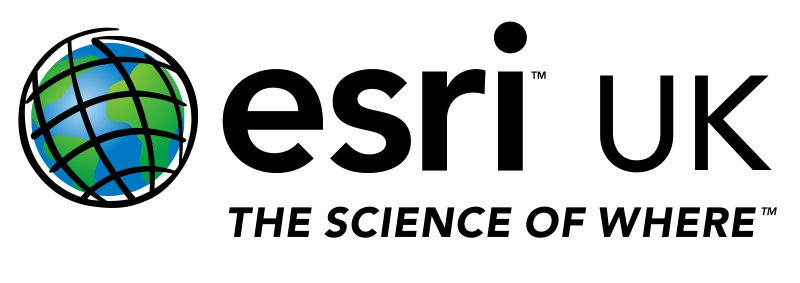Improve operational efficiency
/Three proven benefits of using GIS to boost business performance
It’s tough, isn’t it? Economic growth remains slow; public spending is constrained; and consumer confidence is damaged. But let’s face it, these are facts not excuses. Trading conditions may be difficult, but, with a little creativity and advanced technology, organisations are nonetheless confronting the economic realities and boosting their business performance by making sustainable and significant improvements to their operational efficiency.
So what is the secret to their success?
Firstly, these organisations are not afraid to be creative to address their challenges. Secondly, they are taking advantage of the latest advances in geographic information system (GIS) technology.
But don’t be mistaken: their success is no secret. Organisations that have excelled in improving their operational efficiency through the pioneering application of GIS are generally proud of their achievements, and three examples of such innovators are given below.
GIS solutions are widely used and proven to deliver tangible business advantage. By visualising multiple data sets in one place on interactive maps, GIS allows organisations to see the full picture and uncover trends and relationships. With this insight, managers can then make better informed decisions and identify opportunities to operate more cost efficiently. GIS can be applied within core business processes to improve the productivity of employees; online to reduce the cost of public interactions; and on mobile devices to increase the efficiency of field workers. Indeed, this advanced technology is as versatile as your challenges are complex.
There are three proven benefits that organisations can gain from using GIS to improve their operational efficiency:
Reduced costs
Public sector organisations use web-based GIS solutions to make information more accessible to the public and reduce the cost of citizen contact. The Cabinet Office, for example, has used GIS to develop an online application that makes it easy for people to find out about government-owned property that is available to buy or rent. There is the added advantage that,over time, the solution could notably decrease the amount of under-utilised space in Central Government, creating added revenue for government departments and delivering a better ‘return’ on assets for the tax payer.
Saved time
GIS is used very successfully in mobile applications to improve the efficiency of field workers, as illustrated by City of Edinburgh Council. To support town centre development planning, this council employs a map-based mobile data collection application to improve the speed and accuracy of its surveys. Use of this GIS solution saves the council many hours of effort, while also giving it a deeper insight into city planning issues.
Improved productivity
By enabling employees to complete more tasks, in less time, GIS helps to improve business productivity. Take the UK’s largest insurance company for instance. Aviva uses GIS to model risk factors for properties and also help identify potentially fraudulent claims more quickly. In this way, the company not only improves the productivity of highly specialised staff, but also minimises business risk and gains valuable insight that helps it price policies more accurately and competitively.
The three organisations highlighted above are clearly trail-blazers. Yet, the number of businesses that are using GIS creatively to improve operational efficiency is increasing all the time. Well-known organisations including Argos, National Grid, South Yorkshire Police and Saxon Weald housing association all use this versatile tool to help them make better decisions, reduce costs, save time and improve productivity. It all goes to show that advanced GIS technology, coupled with a little business ingenuity, can improve operational efficiency and ensure business success, even in times of austerity.
Find out more at: https://www.esriuk.com/operational-efficiency


